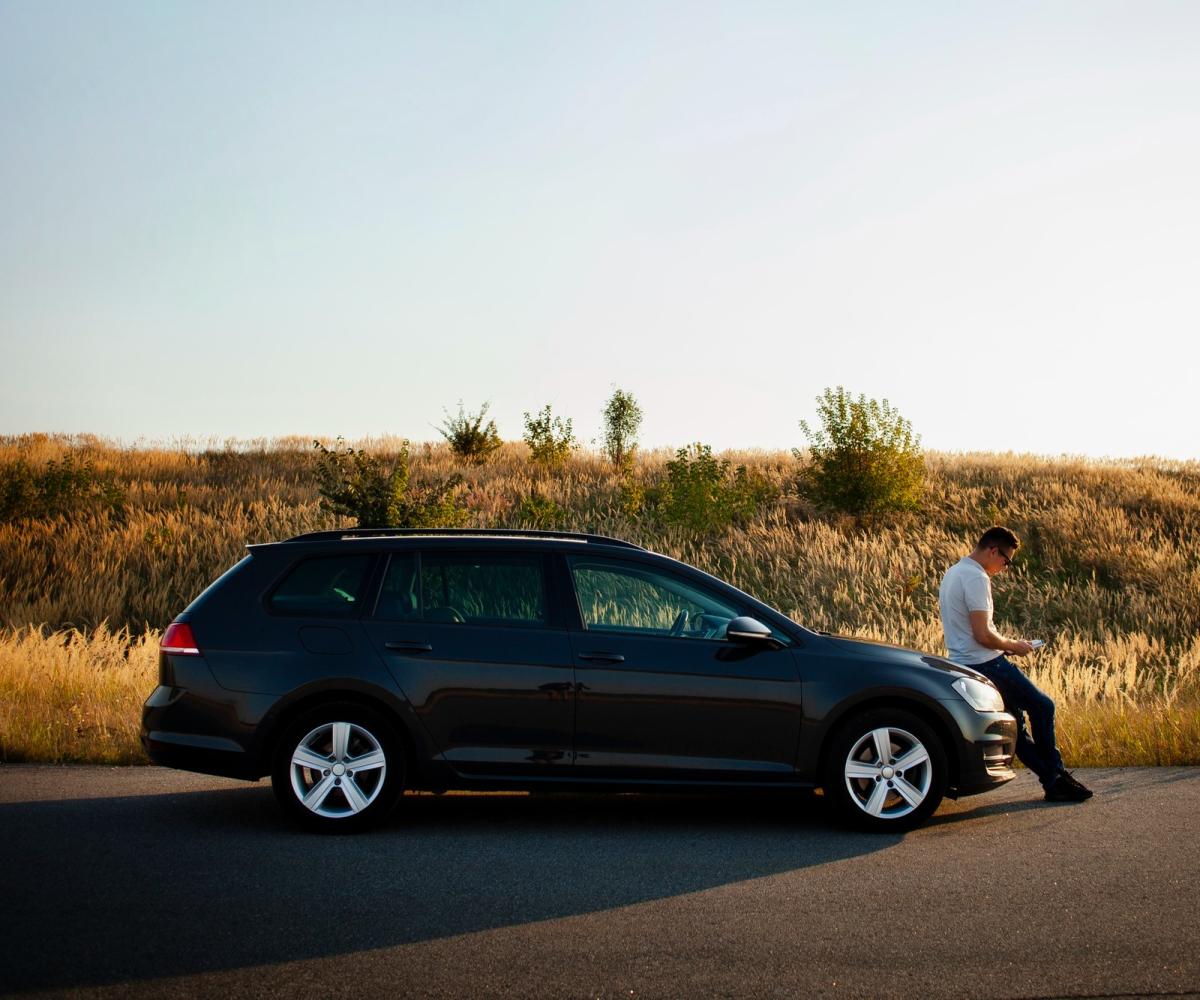
Driving in Belgium can be a unique experience, especially if you're new to the country. To ensure you're well-prepared, it's essential to understand the local driving requirements. In Belgium, you'll need a Belgian driver's license to legally drive. We offer tips on everything you need to know about obtaining a Belgian license, understanding traffic rules, parking regulations, and navigating Low Emission Zones (LEZ). Let us help you drive confidently and safely in Belgium!
We would like to share some useful sources and tips about driving in Belgium.
Getting a Belgian driver’s license
If you plan to drive regularly in Belgium, you may need a Belgian driver’s license. Requirements vary depending on your nationality and the type of license you hold. Check our government website for more information.
Good to know:
- You can apply for the international driving licence from your municipality.
- The international driving licence is valid for a period of 3 years from the date of issue. If the national driving licence is valid for a shorter period, the international driving licence takes over that validity date.
- If your international driving licence expires, if you lose it or if it is damaged or stolen, you must apply for a new one at the municipality.
- When doing so, you:
- Surrender your expired international driving licence.
- Or, in case of theft, a declaration of theft by the Belgian police.
Recognition of foreign driving licences: European
European national driving licence without administrative validity date
- Do you have a valid European driving licence without an administrative validity date (mainly paper driving licences) and have been registered in a Belgian municipality for at least two years?
- Then you are obliged to exchange it for a Belgian driving licence with a new administrative validity date. You therefore have two years to exchange it otherwise you will be in breach of the law.
European national driving licence with administrative validity date
- The validity period of a European national driving licence is a maximum of 15 years. Member States mutually recognise driving licences issued. They are mainly driving licences made of polycarbonate in a bank card model.
- As long as the validity period of the European driving licence has not expired, exchange for a Belgian national driving licence is not necessary.
Exchange a European national driving licence
- You can exchange your European national driving licence in your municipality.
- To complete the exchange in time, we recommend that you exchange your European national driving licence three months before it expires.
Check the website for more information: https://mobilit.belgium.be/en/road/driving/driving-licences/foreign-driving-licences.
Recognition of foreign driving licences: non-European
Non-European national driving licence
- A non-European national driving licence is a driving licence issued in a country outside the European Union or the European Economic Area.
- If you have a valid recognised non-European driving licence, you may drive on public roads in Belgium for a maximum period of 185 days from the date of your registration in Belgium.
Exchanging a non-European national driving licence
- You may exchange your non-European national driving licence for a Belgian national driving licence in your municipality if the following conditions are met:
- You have been registered in Belgium for at least 185 days.
- The driving licence model is recognised (see list of recognised non-European driving licences).
- The driving licence is still valid.
- The driving licence was issued during a period when you were not registered in Belgium.
- Your nationality corresponds to that of the issuing country and/or you can prove that you have resided in that country for at least 185 days.
- The driving licence is deemed authentic after verification by the authenticity cell.
Check the website for more information: https://mobilit.belgium.be/en/road/driving/driving-licences/foreign-driving-licences.
Local parking regulations
Parking in Belgium varies by region, so it’s important to understand local rules to avoid fines. Be sure to check your city's website for more specific local information.
- Blue zones: In towns and cities, blue zones require a parking disc (blue card), which is displayed on your dashboard to show your arrival time.
- Paid parking: Many urban areas have paid parking zones, indicated by meters or signs. Payment can often be made via app.
- Residential and permit zones: In some areas, only residents or permit holders can park. Be mindful of signs to avoid fines.
- Park-and-Ride facilities: Many cities offer park-and-ride facilities outside city centers. These allow you to park and take public transport into town, which is often more cost-effective and convenient.
LEZ - Low Emission Zones
Major cities like Antwerp, Brussels, and Ghent have low emission zones, restricting access for older or high-emission vehicles. If you drive a diesel vehicle or an older car, check the requirements and register your vehicle if necessary to avoid fines.
Car sharing
Check the website of your city!
Company car
In Belgium, many employers provide company cars as part of their employee benefits, which can be a convenient option for international professionals. A company car is typically leased or provided by the employer, covering insurance, maintenance, and fuel expenses. The use of a company car comes with tax implications. Your HR department should provide details on how this may impact your net income.
Insurance
Check our page about taxes and insurances.
need more information?
Moving to West Flanders
All you need to know about finding and setting up a new home in West Flanders.


